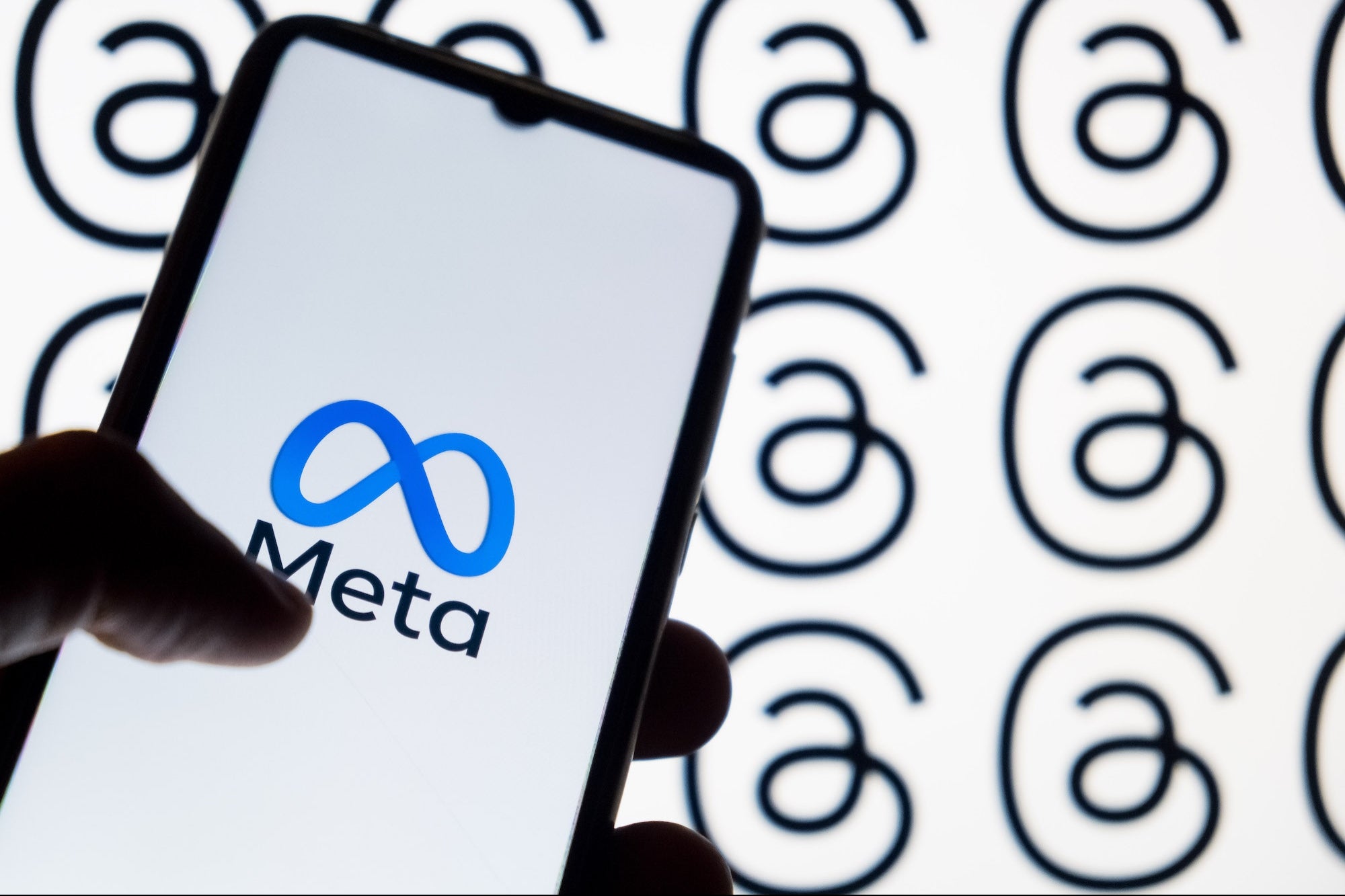Machine Learning Is Changing The Game Artificial Intelligence is set to change the way all companies do business, says Daniel Schwartzkopff of DataProphet. Those who don't prepare for this inevitability right now run the risk of getting left behind.
By GG van Rooyen •
Opinions expressed by Entrepreneur contributors are their own.
You're reading Entrepreneur South Africa, an international franchise of Entrepreneur Media.

COMPANY: DataProphet
POSITION: Commercial director and co-founder
ESTABLISHED: 2013
VISIT: dataprophet.com
ABOUT: DataProphet is comprised of a diverse team of skilled computer scientists, statisticians, actuaries, engineers and mathematicians who deliver actionable Artificial Intelligence solutions to organisations.
Q. Can you give us some background on yourself? What sparked your interest in the fields of AI and machine learning?
I first developed an interest in AI and machine learning when trying to build a system to play poker against humans and win in 2011. Subsequently, it has been proven that heads-up limit hold'em poker is a solved game, meaning there are now unbeatable AI bots in this variant of the game.
Q. How did DataProphet come about, and what does the company do?
DataProphet started as a machine learning consultancy in 2013 after noting the lack of such businesses in South Africa. This was at the beginning of the machine learning renaissance — the advent of graphic processing unit (GPU) processing had enabled techniques developed in the 1950s (neural networks and deep learning) to finally become viable.
The use of a GPU as opposed to the CPU to perform the calculations necessary for deep learning brought about a 100x increase in calculation speed. This allowed companies and individuals access to the technology that only a nation-state with a supercomputer would have previously had.
DataProphet developed expertise across many industries with a major focus on insurance, financial services and manufacturing and began to develop products. It is now primarily focused on the global expansion and distribution of its Omni manufacturing product that is able to massively reduce defect rates by optimising with machine learning.
This software is in production at several global sites. One of our clients, Atlantis Foundries, the largest foundry in the southern hemisphere has been using our software since the beginning of the year and has achieved a 0% defect rate on shipped parts for several months — a very exciting milestone for us.
Q. Is there a difference between AI and machine learning?
This is a fairly contentious question and largely depends on who you ask. In my opinion, Artificial Intelligence refers to the broader concept of enabling machines to perform tasks that previously only humans would have been able to do.
In some narrow applications machines can now perform these tasks much better than humans. Machine learning is one way to enable Artificial Intelligence and refers to the idea that machines can perform as more than just calculators, essentially discovering the underlying patterns/equations that govern a system just by providing them with enough data.
Q. These can seem like such high-level concepts, so can you give us concrete examples of how they can affect of a business?
All industries will use machine learning as a fundamental part of their operation in the future. For example, machine learning can provide more accurate pricing models for insurance.
It can reduce defect rates in manufacturing by predicting whether a part will be faulty, and then adjust the operating parameters to produce less faulty parts in future.
Netflix and Amazon use machine learning in their recommendation systems to provide you with content and products that you want and thereby increase sales. Self-driving cars are entirely powered by machine learning.
For retail, machine learning can predict what a customer will buy and generate personalised specials based on anchor items that will draw the customer back to the store. It can perform more accurate demand forecasting than any linear model.
The opportunities for implementing machine learning in business are vast and most of the S&P 500 either have in-house data science teams or are using machine-learning powered products already. The only requirement is data. Data is extremely valuable and generally enterprise-size businesses have the quantity of data necessary to build an effective model.
Q. How will these two concepts disrupt the working environment?
Rules-based professions can and will be displaced entirely by AI systems. Lawyers, doctors, accountants and so on. Jobs requiring empathy and human interaction will be the last to go, along with engineers, programmers and other professions that have a design or management element.
Q. How should companies prepare for the coming change?
Businesses should begin to aggressively store and utilise their data. Machine learning can significantly improve efficiencies in almost all businesses. I
n 1965, corporations remained in the S&P 500 Index for an average of 33 years; by 2012 this had shrunk to 18 years. In a single year, Kodak's net earnings dropped from $1,29 billion to $5 million.
All they did was fail to act on a market shift with the introduction of the digital camera. Machine learning is having the same effect on other industries. Uber's core business model is based around machine learning and they are effectively shutting down the metered cab businesses in every city they operate in.
Taxi businesses faced no competition for decades and grew complacent and failed to innovate. Now some of the largest cab companies in the world have split up and filed for bankruptcy protection.
Lemonade Insurance Company is disrupting the insurance industry with crazy growth figures and much lower pricing because of their use of machine learning and an app to radically change the status quo. This is not the distant future. The time to engage with machine learning is now.











